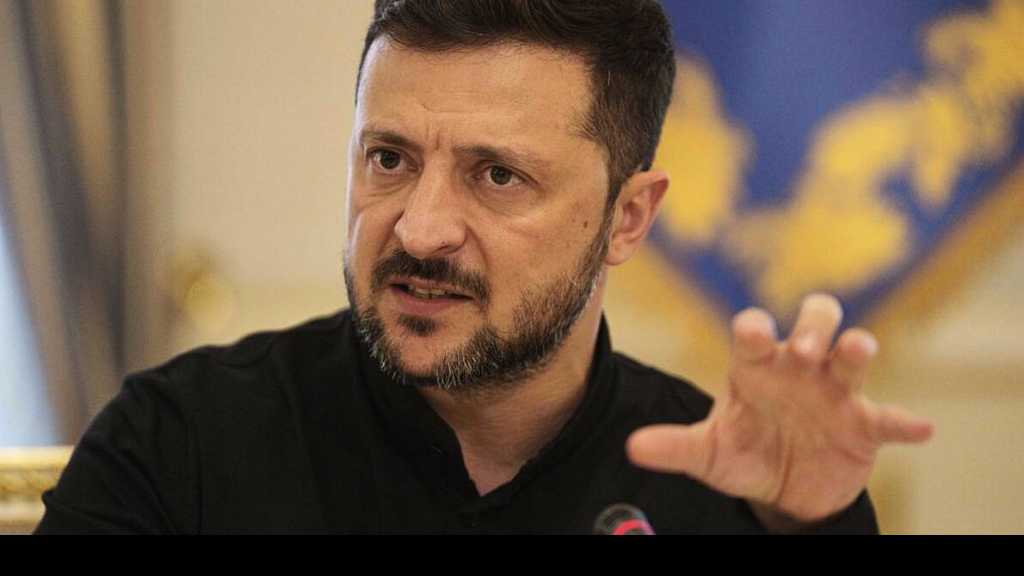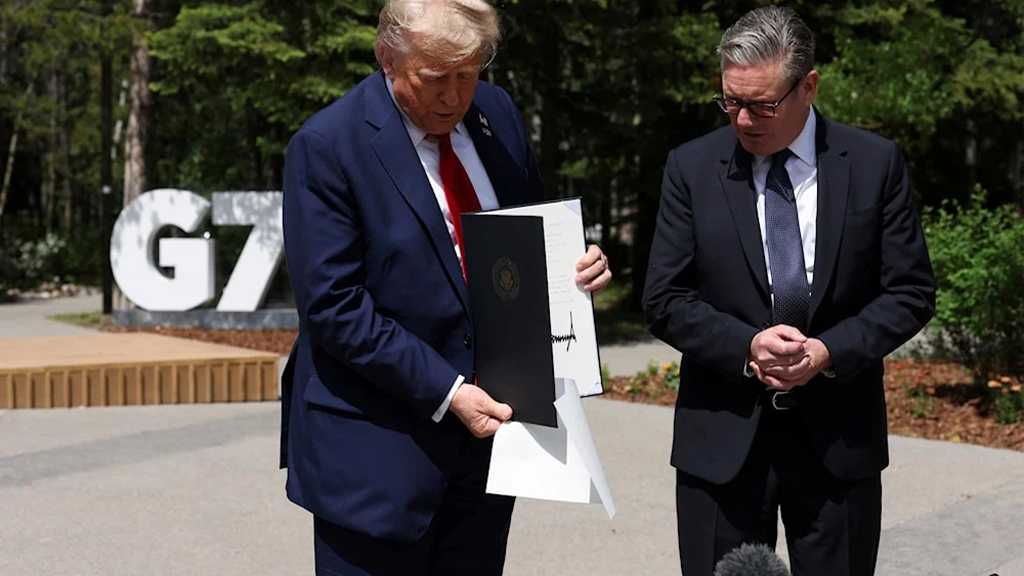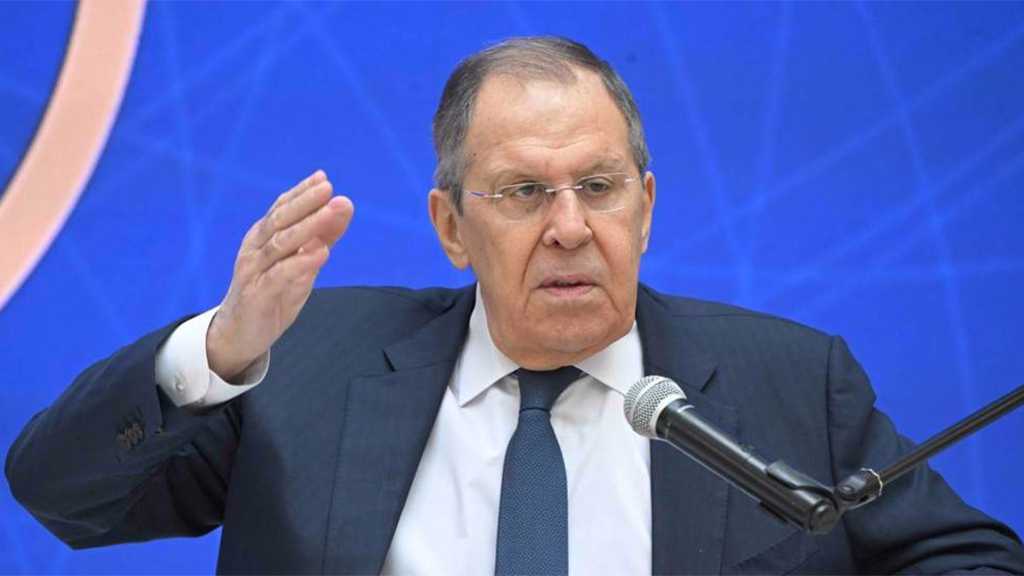
Zelensky Presses EU to Tighten Oil Price Cap as Sanctions Talks Stall

By Staff, Agencies
Ukrainian President Vladimir Zelensky has called on the European Union to sharply lower its price cap on Russian oil, voicing frustration over the enduring dependence of certain EU member states on energy imports from Moscow.
His comments come amid ongoing negotiations over the bloc's 18th sanctions package against Russia.
Speaking to the European Council on Thursday, Zelensky acknowledged that some EU countries remain heavily dependent on Russian oil. He expressed understanding of their position and emphasized that Ukraine is acting with caution out of respect for its partnership with the EU.
However, Zelensky voiced concern that this understanding is not always mutual. He found it troubling to face sharp criticism and political pressure from some European leaders, particularly given that Ukraine’s adherence to EU rules still allows oil exports to continue.
He urged the EU to act decisively by reducing the oil price cap to $30 per barrel, or at least $45, a move Kiev believes could significantly diminish Russian revenue streams that fund the war effort.
Zelensky's remarks were aimed not just at Brussels, but also at specific EU countries, such as Slovakia and Hungary, that have resisted deeper energy sanctions.
Slovak Prime Minister Robert Fico confirmed his country would not support the new sanctions proposal scheduled for a vote on Friday, arguing that it would be premature to move forward without addressing the consequences of cutting off Russian energy.
"Slovakia demands that the vote be postponed until solutions are found," Fico said earlier this week.
The debate highlights growing divisions within the EU on energy policy. While some member states push for tougher action against Russian energy, others—like Hungary and Slovakia—remain heavily reliant on Russian oil and are wary of the economic impact of a full cutoff.
The European Commission’s REPowerEU strategy, launched in 2022, aims to end Russian energy imports by 2027, with a plan to ban imports under new contracts by the end of 2025.
Despite EU sanctions, Russia has adapted by redirecting oil exports to Asia and using a large “shadow fleet” of tankers to bypass Western restrictions, maintaining its oil revenue.
EU dependence on Russian oil has significantly decreased overall, but pipeline deliveries to Slovakia and Hungary continue, and gas imports, after falling, saw a recent rebound in 2024.
Russia has criticized EU plans to lower the price cap on its oil, warning these actions could disrupt global energy markets and threatening to cut oil supplies further.
Comments
- Related News


